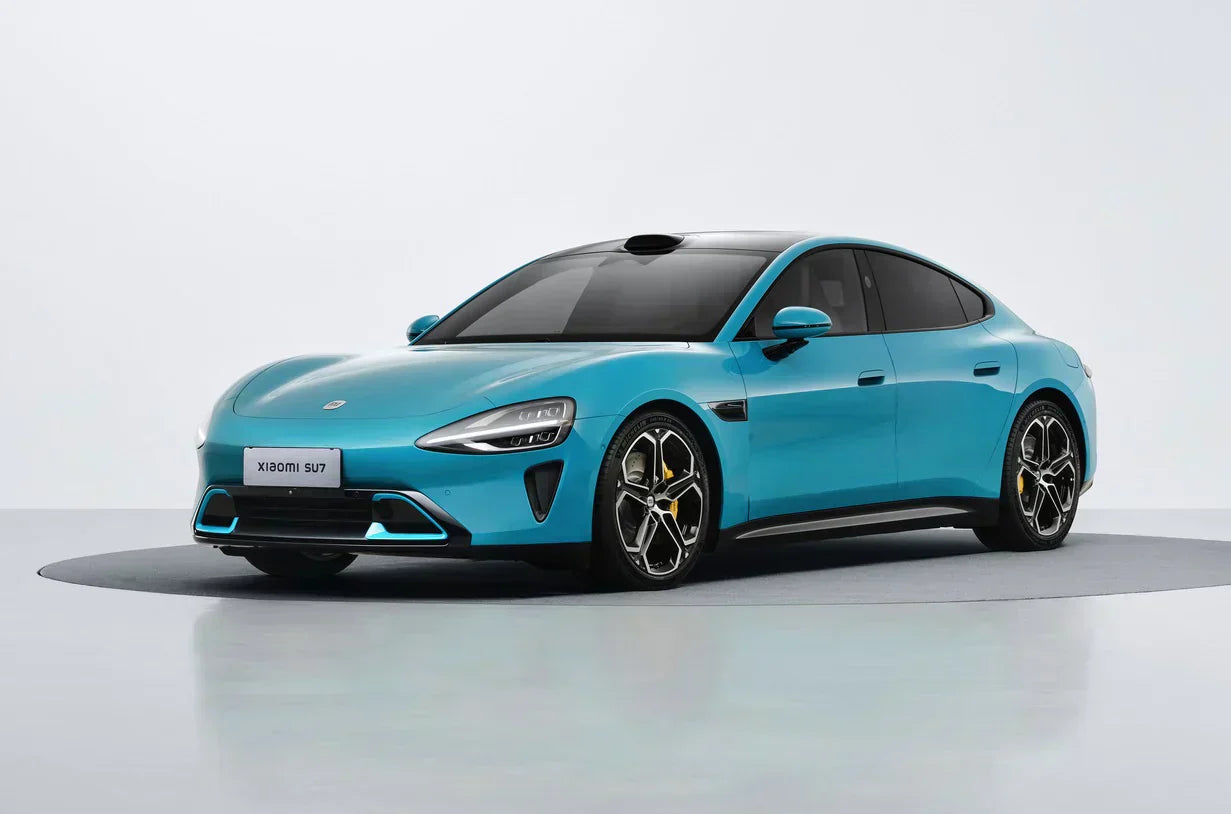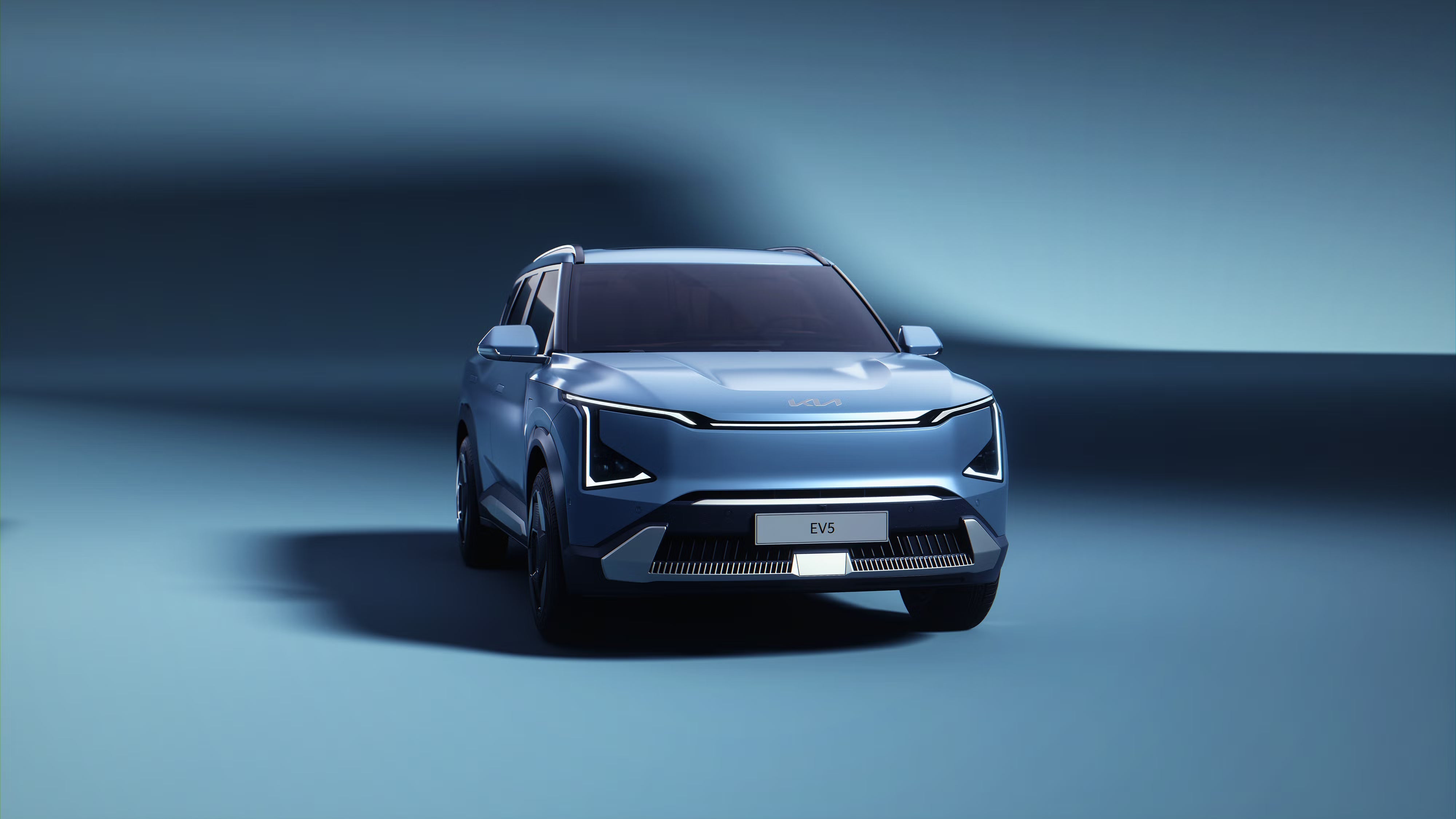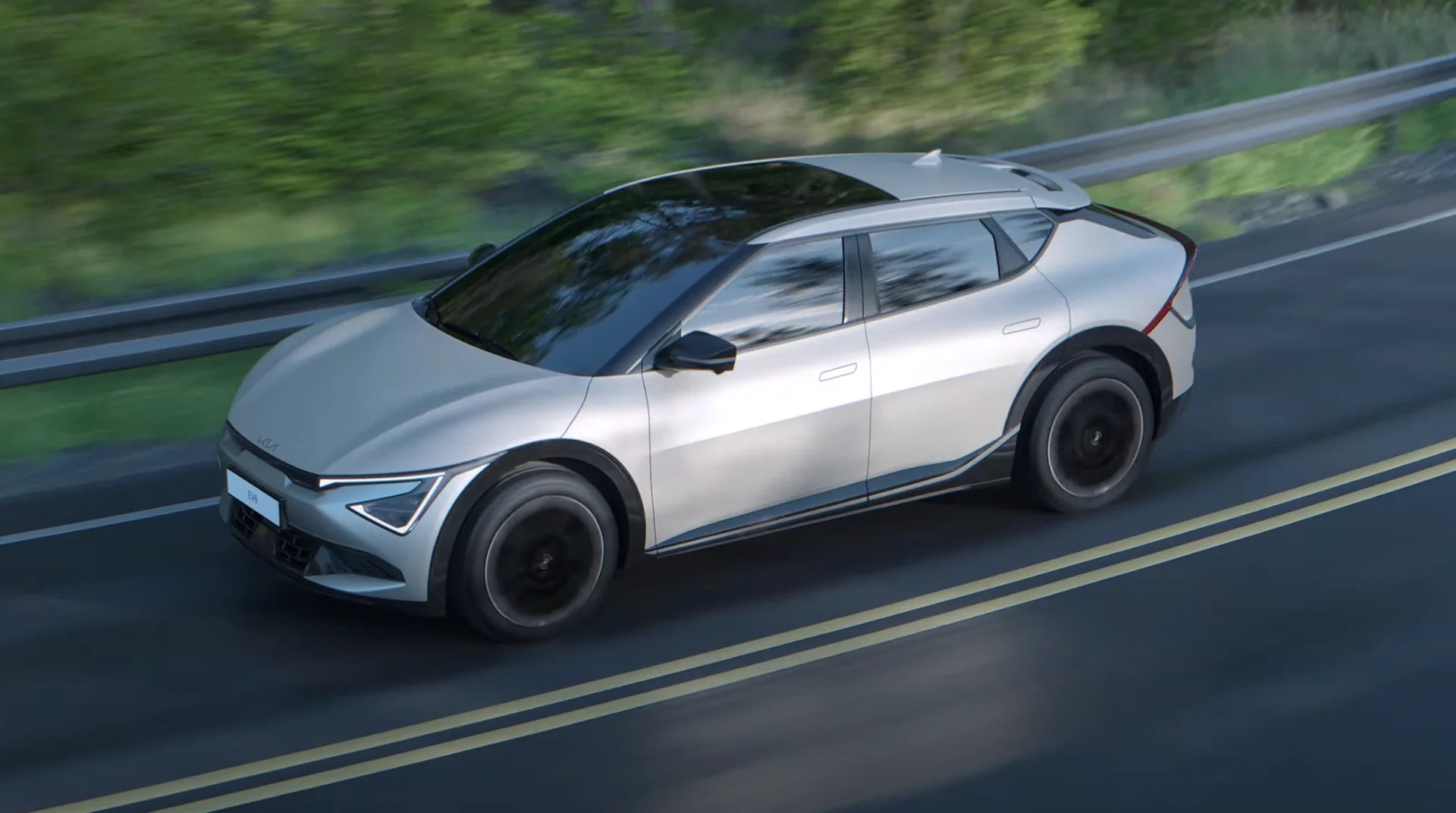Real-World Testing Reveals Modest Highway Range
Xiaomi’s flagship electric SUV, the YU7 Max, recently underwent an independent highway range test by Chinese media outlet Sohu, revealing a real-world driving range of just 492 kilometres, approximately 65.5% of its official CLTC-rated 750 km. While still respectable, the test result highlights the gap between lab-certified ratings and actual highway performance.
Test Setup and Conditions
The test was conducted under controlled but realistic settings to simulate regular highway driving:
-
Vehicle Specs: Xiaomi YU7 Max with a 101.7 kWh battery, dual-motor setup, 21-inch wheels, and Michelin Primacy 5 Energy tires.
-
Vehicle Configuration: Comfort power mode, low kinetic energy recovery, and cabin temperature set between 23–24°C.
-
Tire Pressure: 2.9 bar (42 psi) per the manufacturer’s half-load recommendation.
-
Driving Conditions: Two occupants with basic equipment, driving on an 84-km highway loop at the legal speed limit.
-
Ambient Temperature: Peaked at around 30°C—ideal for EV operation and slightly more forgiving than prior tests conducted in 40°C conditions.

Range Performance: 492 Kilometres Achieved
The YU7 Max managed to:
-
Travel 483 km before the dashboard showed “0 km” of remaining range.
-
Cover an additional 9 km before fully powering down.
-
Total range: 492 km (dead-stop range).
-
Average speed: 99.6 km/h (62 mph).
-
Final range efficiency: 65.5% of the official 750 km CLTC rating.
Though Xiaomi had previously claimed that the YU7 Max could achieve 80–90% of its CLTC rating in highway scenarios, this real-world test fell well short. According to Sohu, this efficiency is average among EVs under similar conditions, but underwhelming given Xiaomi’s bold promotional targets.
Charging Efficiency and Energy Consumption
The test also assessed the YU7 Max’s charging behavior:
-
Charging Infrastructure: 400 kW DC fast charger, capable of 1000V and 400A output.
-
0–100% Charge Time: 37 minutes total.
-
Key Metrics:
-
From 5% to 70%: charged at a steady 300 kW in just 14 minutes.
-
Trickle charging initiated after reaching 90% battery level.
-
-
Energy Consumption:
-
In-car display: 20.2 kWh/100 km.
-
Based on battery capacity: 20.6 kWh/100 km.
-
User-side charging data: 22.1 kWh/100 km, indicating some overhead or inefficiency in the charging process.
-
A Look Back: Lei Jun’s Road Trip Claim
In a prior statement, Xiaomi CEO Lei Jun claimed to have driven a standard version of the YU7 from Beijing to Shanghai (approximately 1,300 km) with only one charging stop. That model is rated at 835 km CLTC, and to accomplish such a journey, the car would need to reach nearly 80% of that range in real conditions—an assertion that now appears optimistic, given the results of the highway test for the Max variant.

Takeaways and Industry Context
The Xiaomi YU7 Max is the brand's latest attempt to break into the premium EV market, but the real-world range test illustrates an enduring challenge for EV automakers: closing the gap between regulatory test cycles and consumer expectations.
| Metric | Result |
|---|---|
| Official CLTC Range | 750 km |
| Tested Range (Before Shutdown) | 483 km |
| Dead-Stop Range (Total) | 492 km |
| CLTC Achievement Rate | 65.5% |
| Average Highway Speed | 99.6 km/h |
| Energy Consumption (User-Side) | 22.1 kWh/100 km |
| Total Charge Time (0–100%) | 37 minutes |
| Avg Charging Power (5–70%) | 300 kW (14 minutes span) |
Editor’s Comment
While the Xiaomi YU7 Max delivers solid performance, the sub-500 km real-world range may temper consumer enthusiasm, especially for buyers seeking long-distance highway capability. Transparency in range advertising and further software optimization will be crucial for Xiaomi’s continued credibility in the EV space.
Recommend Reading: MG4 Becomes First EV with Semi-Solid-State Battery Approved for Sale in China








Share:
Tesla Cybertruck’s Fall from Grace: From Hype to Harsh Realit
US and Canada Add 229 New CCS Fast-Charging Stations in June 2025, Outpacing 2024